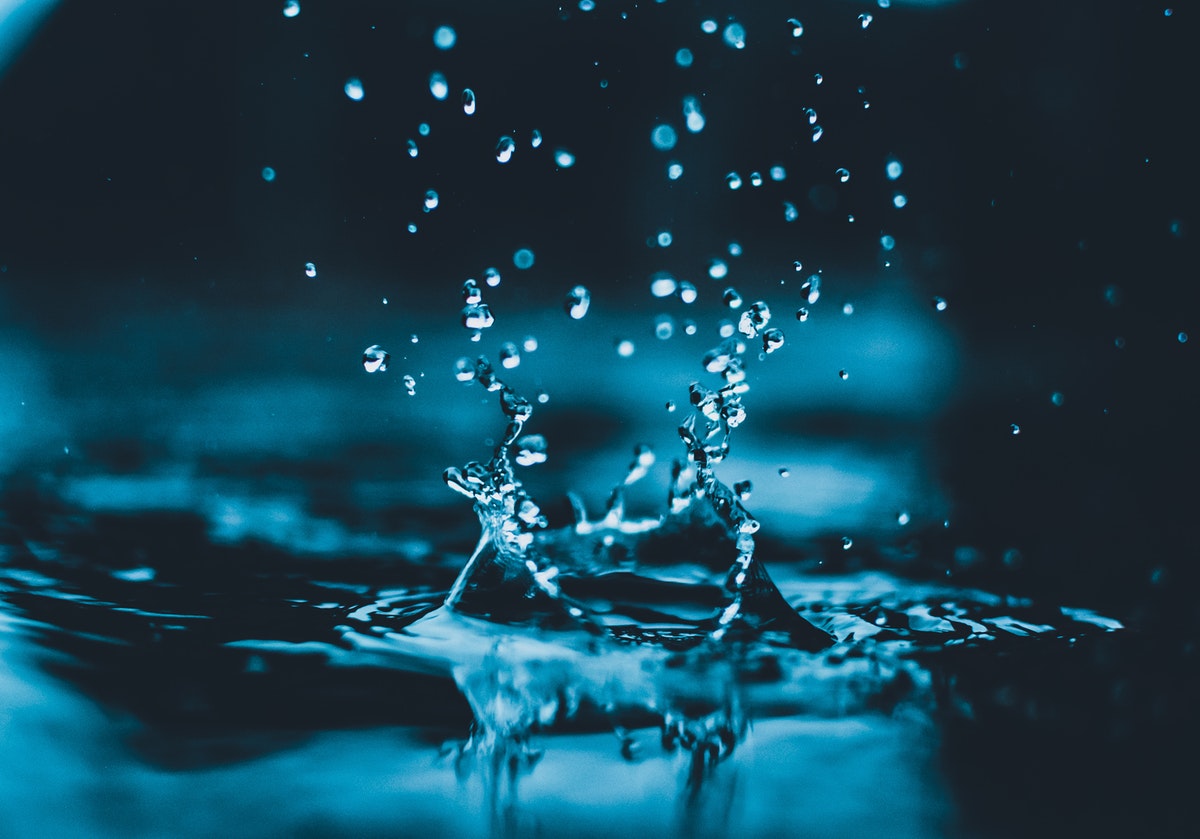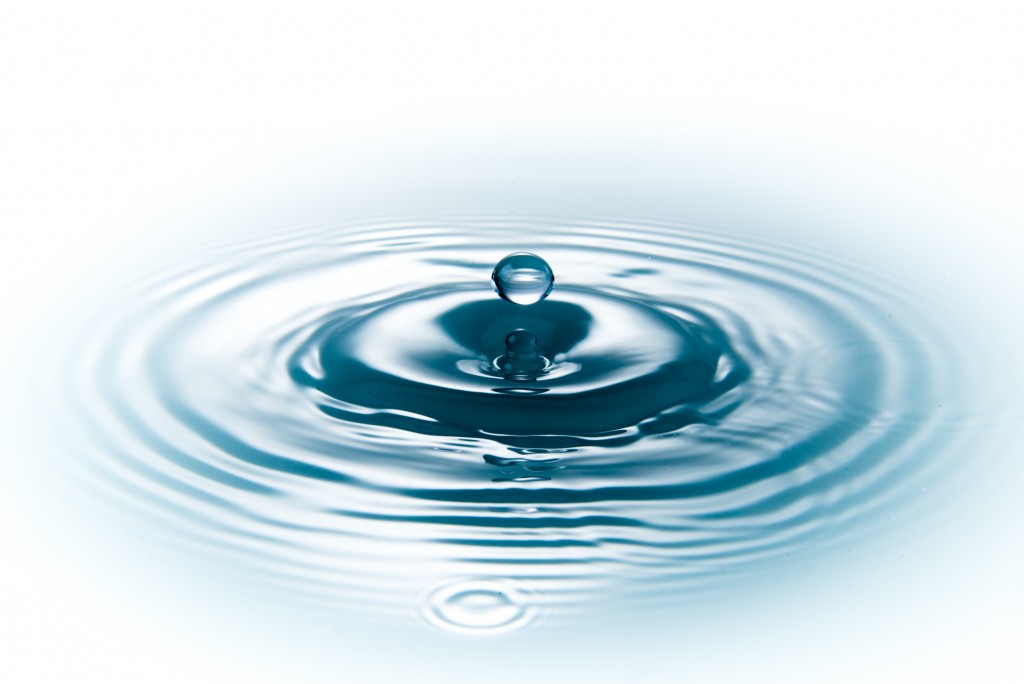Water is such a valuable resource for everyone and everything. People need safe water to hydrate, bathe, and clean, among other essential things. Regardless if it is for a person’s lifestyle or daily routine, they will find it impossible to get through the day without water. The same situation applies to businesses, particularly for manufacturing plants. Almost every product in the world requires water during production.
Manufacturers need massive amounts for the cleaning, diluting, sanitizing, and dissolving processes, all standard procedures inside the workplace. Besides its production features, water is also the most flexible ingredient if a company plans to produce chemicals, cosmetics, and other liquid substances. The boiling and freezing capabilities are also crucial for many industries, including the pharmaceutical and science fields.
However, manufacturing plants need to utilize and manage as much clean water as possible to ensure that the products or produced goods are all safe for customers’ consumption or use. There is no question about clean water’s importance, but you have to figure out the necessity it plays inside your business’ manufacturing plant.
Role of Clean Water in the Manufacturing Process
If a manufacturing process requires water, then it should be automatically clean. Besides following the state’s safety laws, a company needs to ensure that industrial water meets quality standards depending on the liquid’s role in the end product. The food and beverage industry will be producing items that customers will consume, which means that polluted water should never make it past the manufacturing process. Cosmetics and skincare companies are also aware that their consumers will be applying the products they made on their faces. Contaminated water will ruin not only customers’ health but also the company’s reputation.
Pharmaceutical and medical industries should always have access to clean water at all costs because the companies within the field will be performing tests, studies, and research on how to improve people’s health. Using polluted water will never be an option. Because of the essential role water plays in multiple industries, it will be critical for companies to focus on securing clean water.
Understanding the Standards for Quality
Fortunately, clean water is made accessible to almost everyone around the world. People need at least a gallon to survive their daily lives, but manufacturing requires so much more. Unfortunately, it might become easy for water to get contaminated in a workplace that continually produces debris, smoke, and other pollutants that could make their way to the water tank. You will have to ensure that the water is constantly being tested, making it necessary to develop a clean water quality standard.
Ensure that you meet the requirements before you start the manufacturing process involving water. Fortunately, you can have a team inspect and monitor the water quality in different intervals during the day. Your monitoring team might be responsible for it. Still, you will find it necessary to know how the purification process works to ensure that you always have clean water in your manufacturing plant.

Managing and Reusing Wastewater
The purification process will be a critical part of your operations, but not because it is directly part of the production phase. Clean water might be available, but it does not mean that you will throw away contaminated water every time. The practice will be a colossal waste that could end up catching the eyes of active environmentalist groups.
Clean water is starting to get scarce, making it necessary to do your part for the planet. Collect all the polluted water and recycle them for use. You will find that the purification process can help you save up on utility costs and reduce environmental damage. Wastewater should always be reused, especially if water is always a part of your operations. However, it would help if you prevent your employees from drinking it at all costs.
Controlling Water Damage
The purification process might be ideal, but you will find that the constant stream of water could become corrosive for your pipes. Wastewater treatment will notice a lot of H2S corrosion problems, which could destroy metal. It will not be pleasant for your manufacturing plant to suffer from leaks and pipe bursts. The threat poses a much more dangerous scenario for the oil and gas industry since it can be flammable.
You will have to treat water damage. It would be best to prevent one from happening by adding the task to the inspection team’s list of duties. For essential maintenance, you can hire companies that provide corrosion control services.
Clean water should always be present in your manufacturing plant. It might take a while before you develop strategies to keep the water clean and safe, but you will find that these actions will help you become more efficient.

